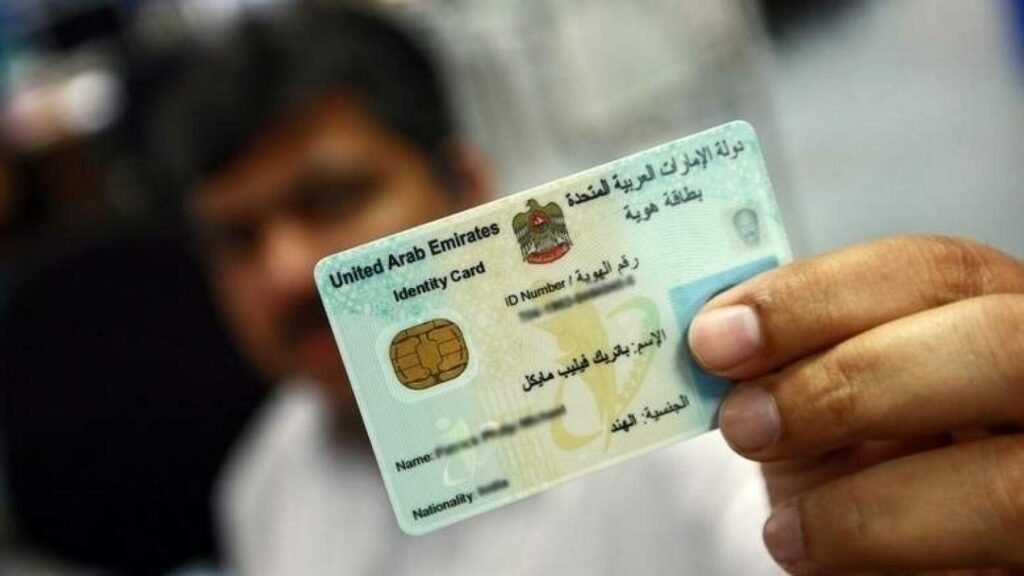
Introduction Of UAE
Moving to the United Arab Emirates (UAE) can be an exciting and life-changing experience. Whether you’re relocating for work, family, or simply for a change of scenery, there are several things you should know before making the move. From understanding the local culture to navigating the legal and administrative requirements, this ultimate guide will help you prepare for your new life as a It resident.

1. Visa and Residency
Before you can move to the UAE, you’ll need to obtain a visa. The type of visa you need will depend on your reason for moving, such as employment, family sponsorship, or retirement. Once you have a visa, you’ll need to apply for residency, which requires a medical examination and a security clearance.
Table of Contents
2. Local Laws and Customs
The UAE has strict laws and customs that residents and visitors must adhere to. For example, public displays of affection, drinking alcohol in public, and wearing revealing clothing are all prohibited. It’s important to familiarize yourself with these laws and customs to avoid any legal issues.
3. Language
The official language of the United Arab Emirates is Arabic, but English is widely spoken, especially in business and tourism. Learning some basic Arabic phrases can be helpful for everyday interactions, but it’s not necessary for day-to-day life.
4. Currency
The currency of the UAE is the dirham (AED). It’s important to familiarize yourself with the currency and exchange rates, as well as the local banking system and ATMs.
5. Cost of Living
The cost of living in the United Arab Emirates can vary depending on your lifestyle and location. Generally, housing, transportation, and healthcare are more expensive than in many other countries. It’s important to budget accordingly and be prepared for higher expenses.
6. Healthcare
The United Arab Emirates has a high standard of healthcare, with both public and private hospitals and clinics. Expats are required to have health insurance, which is usually provided by their employer. It’s important to familiarize yourself with the healthcare system and know where to go in case of an emergency.
7. Education
The United Arab Emirates has a range of international schools and universities, making it an attractive destination for families. However, tuition fees can be expensive, so it’s important to budget accordingly if you have children.
8. Driving
Driving in the United Arab Emirates can be challenging, especially for expats who are not used to the local driving style. It’s important to familiarize yourself with the rules of the road and be prepared for heavy traffic, especially during rush hour.
9. Public Transport
The United Arab Emirates has a modern and efficient public transport system, including buses, taxis, and the Dubai Metro. It’s important to familiarize yourself with the different options and know how to get around.

10. Weather
The weather in the United Arab Emirates can be extreme, with hot summers and mild winters. It’s important to be prepared for the heat and humidity, especially if you’re moving from a cooler climate.
11. Dress Code
The United Arab Emirates has a conservative dress code, especially for women. It’s important to dress modestly and respect local customs, especially in public places.
12. Etiquette
The UAE has its own unique customs and etiquette, such as greeting people with a handshake and using the right hand for eating and drinking. It’s important to familiarize yourself with these customs to avoid any cultural misunderstandings.
13. Food and Drink
The UAE has a diverse culinary scene, with a wide range of international cuisines available. However, it’s important to be aware of the local customs and etiquette when it comes to food and drink, such as avoiding pork and alcohol during Ramadan.
14. Safety
The UAE is generally a safe country, with low crime rates and a strong police presence. However, it’s important to take precautions and be aware of your surroundings, especially in crowded areas.
15. Social Life
The UAE has a vibrant social scene, with a range of restaurants, bars, and clubs. However, it’s important to be aware of the local laws and customs when it comes to socializing, such as avoiding public displays of affection and drinking responsibly.
16. Cultural Activities
The UAE has a rich cultural heritage, with a range of museums, galleries, and cultural events. It’s important to take advantage of these opportunities to learn more about the local culture and history.

17. Emirates ID
The Emirates ID is a mandatory identity card for all UAE residents. It contains personal information, including your name, date of birth, and photograph. It’s important to apply for an Emirates ID as soon as possible after arriving in the UAE, as it is required for various administrative tasks, such as opening a bank account or applying for a driving license.
Conclusion
Moving to the UAE can be an exciting and rewarding experience, but it’s important to be prepared. By familiarizing yourself with the local laws, customs, and culture, you can make the most of your time in the emirates and enjoy everything the country has to offer.


One Comment